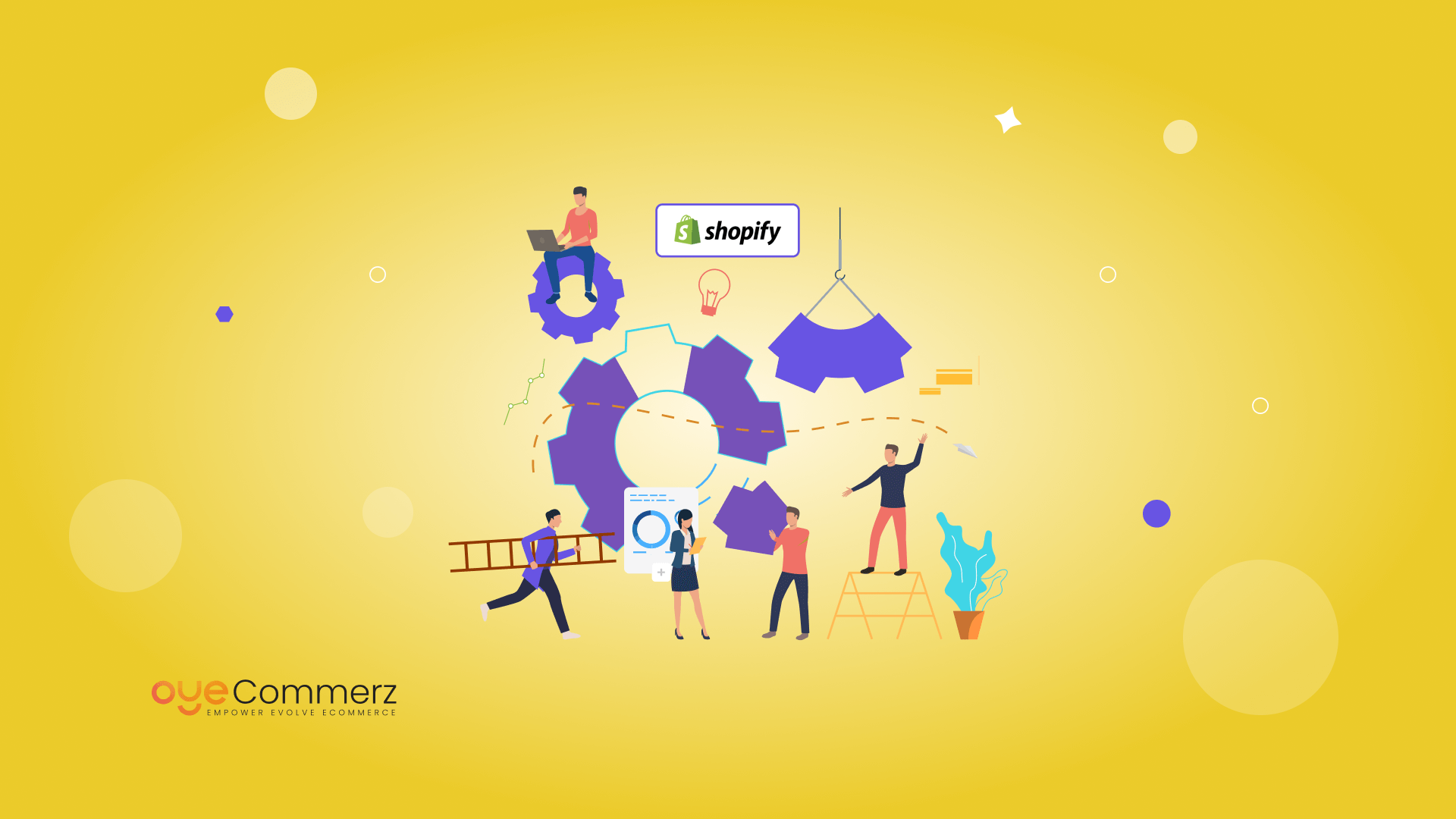Enhance Your E-commerce: Custom App Development for Shopify to Boost Performance
Enhance Your E-commerce: Custom App Development for Shopify to Boost Performance
Blog Article
Overview
In the current cutthroat e-commerce environment, differentiating is essential, and a top method to differentiate a Shopify store is through tailored app creation. A well-built Shopify app can boost store functionality, simplify processes, and elevate customer interaction. This article explores key elements of Shopify app development, from API integration to scaling strategies and promotion methods, providing a roadmap for companies seeking superior store performance.
The Importance of Shopify API Integration
Shopify’s API provides powerful tools to personalize and expand store capabilities. With the GraphQL and REST API options, developers can access data to create apps that handle inventory control, order processing, and customer information management seamlessly. Integrating Shopify’s API can enable improved workflow automation and enables stores to assist shoppers more efficiently.
Adopting the Polaris Design System
Polaris is Shopify's design system for creating user-friendly and accessible Shopify apps. By following Polaris principles, developers guarantee that apps integrate smoothly within the Shopify Admin interface. This provides a cohesive appearance that resonates with Shopify merchants, encouraging usability and comfort for merchants using your tailored app.
Navigating the Shopify App Ecosystem
The Shopify app ecosystem offers endless possibilities for improving e-commerce sites. From managing fulfillment processes to boosting customer engagement, apps in this ecosystem are tailored to meet diverse business requirements. Learning about this system assists developers in finding unique app ideas and allows for seamless integration of third-party services that enhance the store.
Building Embedded Shopify Apps
Embedded apps integrate directly within the Shopify Admin, providing a smooth interface for merchants. They ensure that merchants don’t have to leave their Shopify dashboard, streamlining their workflow. Employing Shopify App Bridge and embedded app capabilities is recommended for providing a unified, well-integrated user environment.
Using Node.js and React for Shopify Apps
Node.js and React have become top options for Shopify app creation. This server-side framework enables efficient back-end services, while React enables interactive and adaptive front-end design. Combined, they provide an strong platform for creating speedy, growth-ready Shopify apps that enhance store performance and customer engagement.
Utilizing Webhooks in Shopify Development
Webhooks enable instant data synchronization between Shopify and an external app. They initiate events such as order creation or inventory updates and send instant alerts to your app. By utilizing webhooks, apps can deliver real-time insights for store owners, simplifying processes and increasing efficiency.
Engaging Customers Through Digital Marketing for Shopify Apps
To ensure Shopify app success, connecting with users is key. Utilizing online marketing techniques like SEO, email marketing, Enhance customer engagement on Shopify and social outreach can drive app adoption. Additionally, creating applications with customer interaction as a focus (e.g., loyalty programs or personalized recommendations) boosts user retention and satisfaction.
Scaling Your Shopify App
As e-commerce businesses grow, so do their technology requirements. Making sure that your app can manage higher usage, larger data sets, and more advanced functionalities is critical. By improving server capacity and using scalable technologies, you can create apps that expand in parallel to a store’s growth.
Important Features and Maintenance Tips for Shopify Apps
For an app to be useful, it should offer key capabilities like user authentication, dashboard analytics, and support channels. Ongoing app upkeep, with updates to fix bugs and compatibility checks with new Shopify Oyecommerz Shopify development features, is vital to maintain uninterrupted performance and avoid interruptions to merchant workflows.
Conclusion
Custom Shopify app development holds vast potential for e-commerce stores, offering the chance to improve performance, streamline processes, and build customer relationships. With API integrations and Node.js to ensuring scalability and customer engagement, building a Shopify app requires thoughtful preparation and well-planned actions. If you’re ready to unlock your store’s full potential, a custom Shopify app may be the ideal solution. What capabilities do you see for your ideal app? Share your ideas and begin the journey to an enhanced e-commerce experience!
 Report this page
Report this page